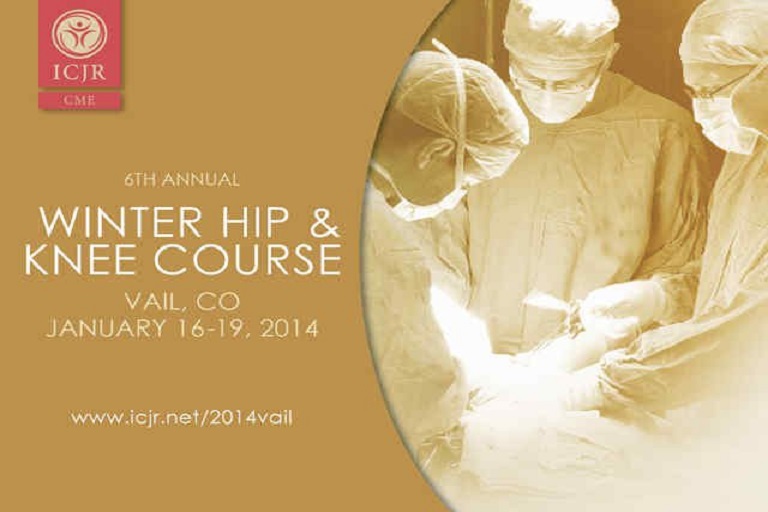Even though some New Year’s resolutions are broken as fast as they are made, January represents a timely period to guide patients to better health.
Use the month, management experts say, to set health goals and motivate patients to change behaviors when many patients are thinking about improving their health.
Consider these four strategies to better leverage your patients’ wishes to lose weight, seek treatment, or live a healthier life.
1. Make a resolution to your patients
While prevention is the cornerstone to good health, it all starts with an appointment, says Mary Pat Whaley, FACMPE, CPC, healthcare consultant and president of ManageMyPractice.com.
Instead of nagging patients to pick up the phone and come in, turn your plea into a promise, she suggests.
“I can see a great marketing campaign for practices around the idea, ‘We resolve to get you the preventive care services you’re entitled to!’ or, ‘Help us help you to keep your resolutions—make a preventive care visit today!’”
Keeping up your end of this bargain doesn’t just mean reminding patients to get preventive care, Whaley notes, but also educating patients about what services are likely covered by their health insurance.
“For patients with commercial insurance, the majority will have preventive benefits due to changes required by the Affordable Care Act (ACA). Employee Retirement Income Security Act plans that were not grandfathered in probably have these benefits as well, although this was not required by the ACA,” she says.
And although Medicare does not pay for an annual physical, it does cover an annual wellness visit, which does not include a physical exam. In addition, for women, Medicare covers a bone mass measurement if medically necessary every 24 months, a screening mammogram every 12 months, and cervical and vaginal screening with a breast exam every 24 months.
For men, Medicare pays for a prostate test and a digital rectal exam every 12 months. For men and women, Medicare covers a screening colonoscopy every 5 years.
All of these services are free for Medicare patients as they do not require a deductible, copay or co-insurance.
2. Help patients structure and track their goals
“The more structure given to a resolution, the higher the chance of compliance,” says Keith Borglum, CHBC, CBB, a consultant with Professional Management & Marketing in Santa Rosa, California and a Medical Economics editorial advisor. Ideas for doing so include creating a form on your practice’s letterhead in which patients commit their resolutions to writing. Providers, including non-physicians, can then work with patients to make sure goals are attainable, clear, and measurable.
You can also build this process into an interactive portion of your website, Borglum suggests. Many electronic health records (EHR) system vendors have introduced website portals to better engage patients in their healthcare.
Also, consider the use of your practice’s Facebook page to keep patients motivated, perhaps offering small incentives for patients who show progress.
There’s also a burgeoning library of mobile health apps patients can use to track and improve their health habits, notes Michelle Mudge-Riley, DO, MHA, president of Physicians Helping Physicians, a firm that helps doctors with personal and career development. (See examples of free mobile apps in the sidebar to the right.)
3. Leverage your team
The team-based approach to healthcare, which is becoming increasingly prevalent in primary care practices, is ideal for helping patients make sustainable lifestyle changes, according to Mudge-Riley,
“With the team approach, patients will not only get more attention, but the other people involved will also be able to cover more angles, such as socioeconomic issues, environmental factors, or other things that really do factor into how people live their lives,” she says. For example, a dietician is well-suited to talk with a patient about how to modify his or her favorite recipes, whereas a physician likely doesn’t have the time or training to do so.
Because he believes so strongly in this approach, Alain A. Chaoui, MD, FAAFP, of Family Medicine North in Peabody, Massachusetts, has spent the last year and a half working to transform his practice into a Patient-Centered Medical Home.
As part of this process, Chaoui has held meetings with his staff almost every two weeks to work on process changes to allow the practice to accommodate more patients and offer better quality of care. Changes include more streamlined communications using a patient portal, as well as having patients’ phone messages processed throughout the day.
“I’m giving the staff more responsibility to address patient care and to work at the top of their license. A lot of the work has been redistributed among us to make sure we all work as a team, including my medical assistant, nurse practitioner, and front-desk staff. I have also hired a nurse care manager to help work with more difficult or chronically ill patients,” he says.
As a result of these changes, Chaoui says that his patients have become more engaged in their health and have shown improvements. And delegating work to nonphysicians when possible frees him to spend more time with patients on patient education, as well as addressing barriers to compliance.
“The most important thing to do is to speak with the patient honestly and candidly about what their problem really is. Once it is clear, the patient will be engaged in finding out how to fix it,” he says.
A major challenge for physicians, for example, is addressing medication nonadherence. But once you find out what barriers are keeping patients from taking their medications as directed—which may include cost, time, or side effects—you can then “act like a tailor,” Chaoui says, and make changes as needed.
One of the more difficult things for a doctor to control are a drug’s unpleasant side effects, Chaoui notes. But once you open a dialogue with patients about what they don’t like about taking a medication, he adds, you can use it as an opportunity to remind them they may no longer need the medication if they do the work required to lose weight, lower their cholesterol and become healthier.
4. Show patients what’s in it for them
Using visuals to let patients see and feel how much weight they could lose is a strong way to make goals more effective. One gallon of water weighs a little more than 8 pounds, so having patients carry one or two gallons for a few minutes helps them to realize how much extra weight they may be carrying around or hoping to lose.
Many patients have other goals surrounding their weight loss, such as going on a vacation, attending a class reunion, or losing a certain number of pounds by a birthday. Having your patients bring in a goal item, such as a dress or a swimsuit might help them to keep their goals more tangible and in perspective. They key is to allow these events to turn into a lifestyle change, and not just a crash diet.
Tying weight loss to a greater goal of giving back is another great way to may patients feel even better about themselves. Once patients sign up to be a part of a weight loss program, tell them you will donate a canned good to a local food bank for every pound that they lose. Not only will this motivate patients to help themselves, while helping others, but your practice will be a part of a community-wide effort.
Charts and infographics that explain how much better the patient will feel hours, days, and weeks after smoking will also give them a goal they can actually feel. These resources are available through organizations such as the American Lung Association, and they will also provide you with web tools to help you and your patient track their progress.
This idea brings us back to a crucial point Mudge-Riley makes about change-management behavioral economics.
“At the end of the day, if you are taking the perspective of ‘What’s in it for me?’ For the patient, that’s really going to bring you the most success because they’re going to be more internally motivated to do what they need to do.” Source


















































